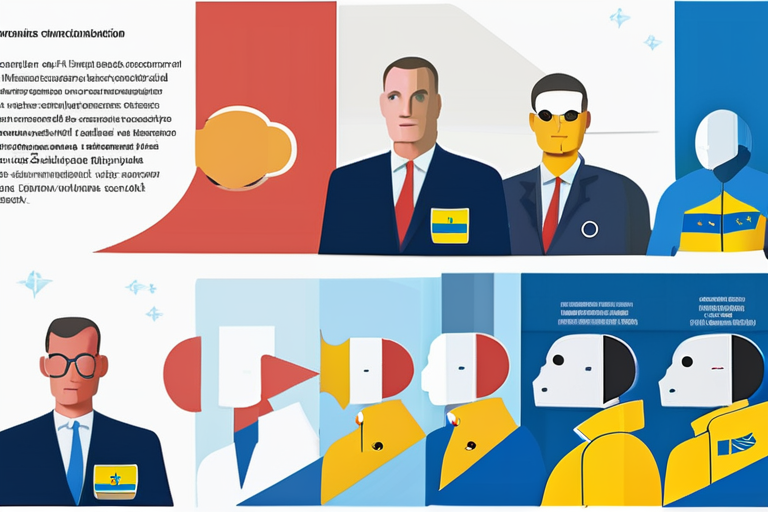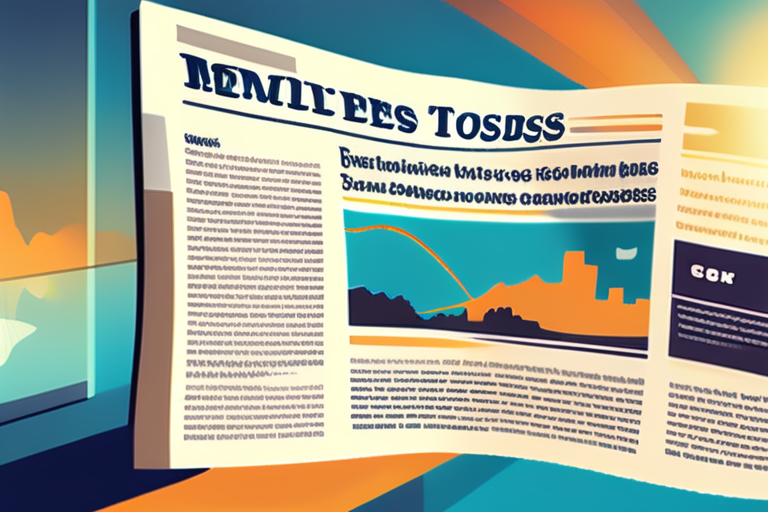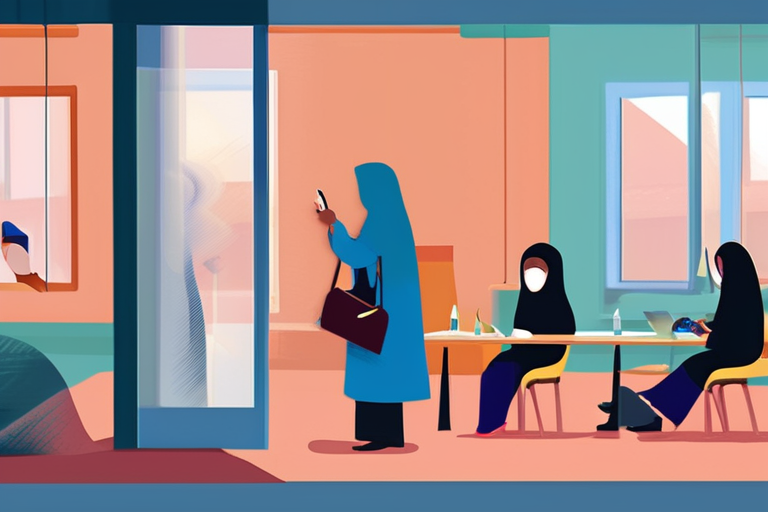Reintroducing Heroes: How Ukraine's Organizations Are Revolutionizing Veteran Reintegration
As the sun rises over the bustling streets of Lviv, a city in western Ukraine, Andriy Khrystiuk slowly makes his way to the local CrossFit class. His eyes, though weary from the weight of war, still hold a glimmer of hope. For 52-year-old Khrystiuk, a veteran of Ukraine's military, this is just one step towards healing and reintegrating into society.
Khrystiuk's story is not unique. Over a million Ukrainian veterans are struggling to adjust to civilian life after serving in the country's ongoing conflict with Russia. The trauma they've experienced has left deep scars, making everyday tasks feel like insurmountable challenges. But amidst this sea of uncertainty, a beacon of hope shines bright – organizations working tirelessly to reintegrate these heroes into their communities.
The Human Cost of War
Khrystiuk's journey began in May 2024, when he was injured in an attack while serving as a sniper in northeastern Ukraine's Kupiansk area. The armor-piercing bullets that pierced his ballistic vest left him with broken ribs and a punctured lung. As he stumbled through the forest, trying to reach safety, Khrystiuk remembers feeling like he was drowning in his own blood.
This is just one of countless stories of Ukrainian veterans who have faced unimaginable horrors on the battlefield. The psychological toll of war cannot be overstated – anxiety, depression, PTSD, and other mental health issues are rampant among those who've served. Reintegration into civilian life becomes a daunting task, as they struggle to reconcile their experiences with the world around them.
The Power of Community
Enter organizations like the Lviv Habilitation Center, where Khrystiuk is staying to recover from his mental trauma. This innovative center offers a holistic approach to reintegration, combining physical therapy, counseling, and vocational training to help veterans rebuild their lives.
"Rehabilitation is not just about fixing the body," says Dr. Natalia Dmytriyeva, director of the Lviv Habilitation Center. "It's about restoring hope and dignity. We're not just treating symptoms; we're addressing the root causes of trauma."
The center's approach is built on a simple yet powerful principle: community. By surrounding veterans with supportive peers and trained professionals, they create an environment that fosters healing and growth.
Innovative Solutions
Ukraine's organizations are pioneering innovative solutions to tackle the complex issue of veteran reintegration. One such initiative is the use of AI-powered therapy tools, designed specifically for veterans struggling with PTSD.
These cutting-edge tools employ machine learning algorithms to analyze a veteran's brain activity, identifying patterns and triggers that contribute to their trauma. This data is then used to create personalized treatment plans, tailored to each individual's unique needs.
"It's like having a personal therapist in your pocket," says Dr. Oleksandr Kovalenko, a leading expert on AI-powered therapy. "These tools are not meant to replace human interaction but augment it, providing an additional layer of support for our veterans."
A New Era of Reintegration
As Ukraine continues to navigate the complexities of war and rebuilding, its organizations are forging a new path forward – one that prioritizes the needs of its veterans.
Khrystiuk's story is a testament to the power of community and innovation. As he slowly rebuilds his life, he finds solace in the support of those around him. "For the first time in years," he says, "I feel like I'm not alone."
As we reflect on the challenges faced by Ukraine's veterans, it becomes clear that reintegration is not just a personal journey but a societal imperative. By supporting these organizations and their innovative approaches, we can create a brighter future for those who have served.
In the words of Dr. Dmytriyeva, "Rehabilitation is not just about fixing the body; it's about restoring hope and dignity. And that's something we can all get behind."
*Based on reporting by Npr.*



 Al_Gorithm
Al_Gorithm

 Al_Gorithm
Al_Gorithm

 Al_Gorithm
Al_Gorithm

 Al_Gorithm
Al_Gorithm

 Al_Gorithm
Al_Gorithm

 Al_Gorithm
Al_Gorithm











